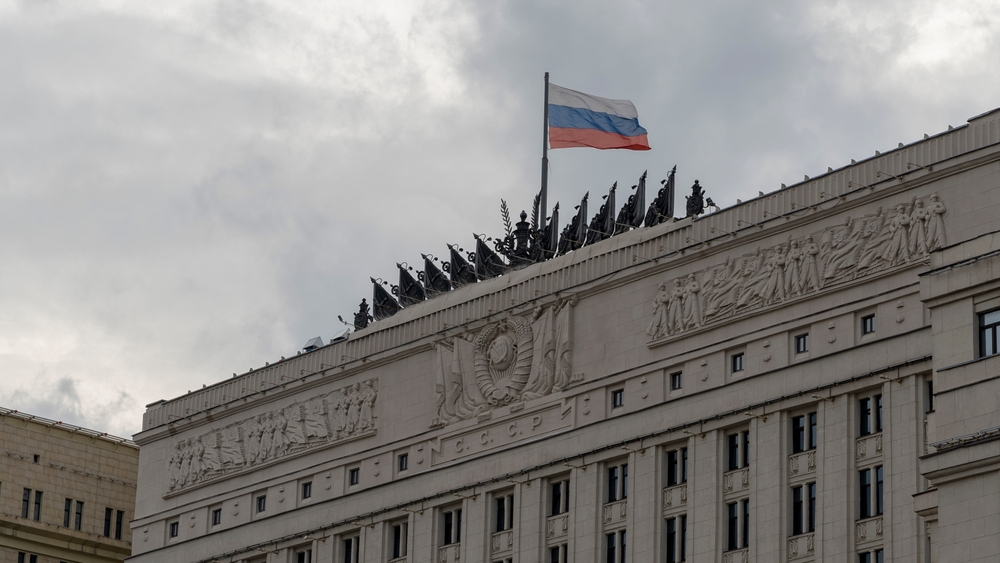Putin unveils nuclear-powered missile with 14,000 km range
Others are reading now
Putin unveils nuclear-powered missile with 14,000 km range
A new chapter in the global arms race
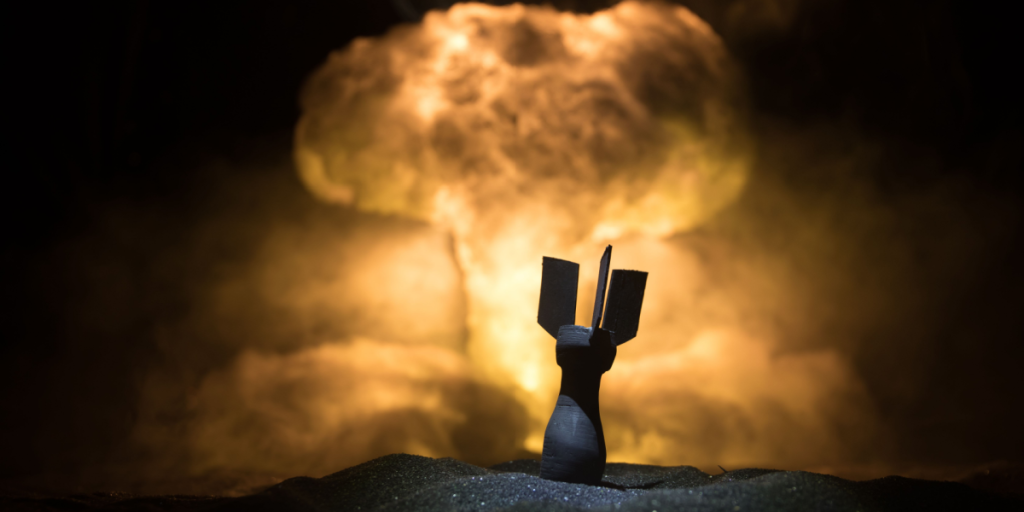
With rising global tensions and a war still raging in Ukraine, the threat of nuclear escalation is once again at the forefront of international concern.
Nations are revisiting Cold War-era strategies, and weapons development is accelerating on multiple fronts.
Among the most concerning developments is Russia’s latest display of military power: a missile dubbed the “flying Chernobyl.” The name alone signals how provocative — and potentially dangerous — this weapon could be.
Russia tests nuclear-powered cruise missile
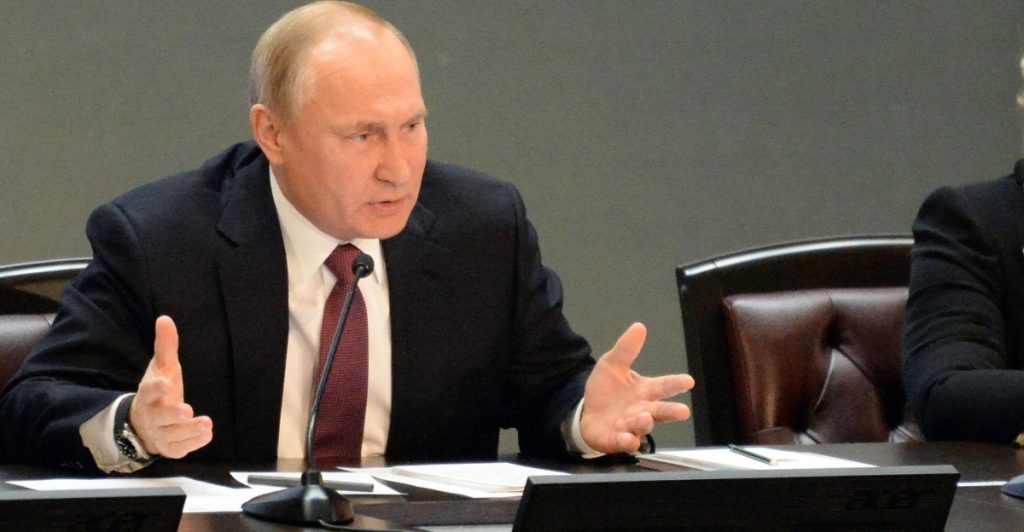
According to 20minutos, Russia has successfully tested the Burevestnik cruise missile, a nuclear-powered weapon that experts say could revolutionize modern warfare.
Also read
What makes the “flying Chernobyl” so alarming?
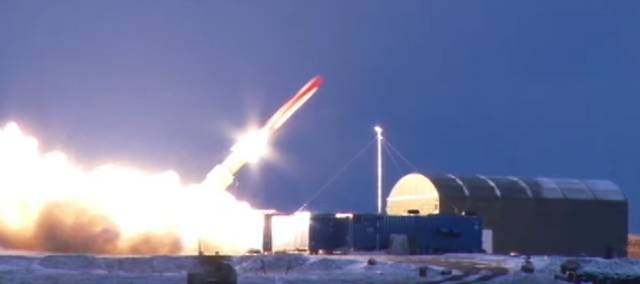
Arms control experts have dubbed the Burevestnik the “flying Chernobyl” because of its nuclear propulsion system, which — depending on its design — could emit radioactive gases during flight, 20minutos reports.
A 15-hour flight and 14,000 km range
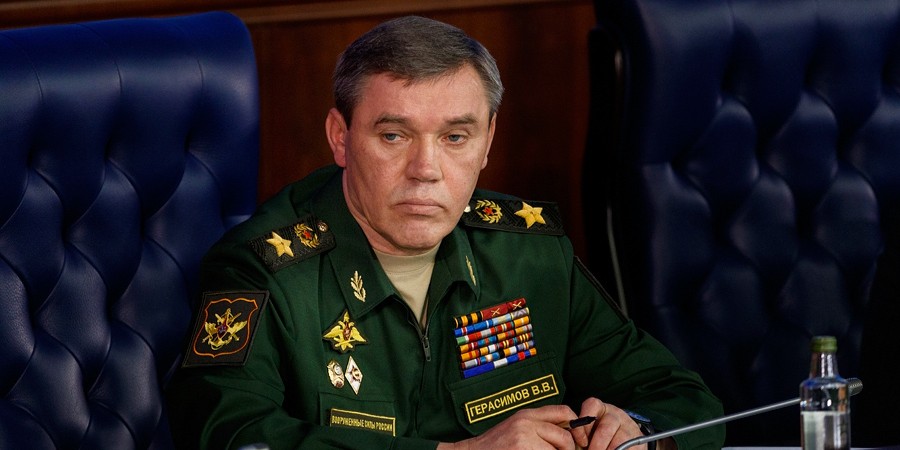
According to 20minutos, Russia’s Chief of the General Staff, Valery Gerasimov, reported that the missile flew for approximately 15 hours and covered a staggering 14,000 kilometers during a test conducted on October 21.
NATO and the nuclear message
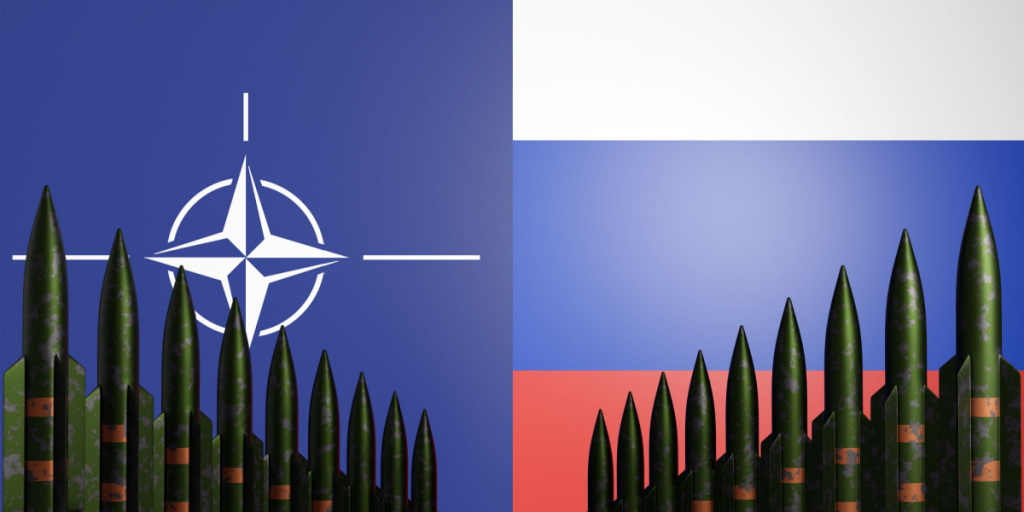
NATO has designated the Burevestnik as the SSC-X-9 Skyfall. The missile’s successful test was part of broader military exercises that also included the launches of Yars and Sineva intercontinental ballistic missiles, as well as two Kh-102 cruise missiles, 20minutos notes.
Tragedy and controversy surround the program
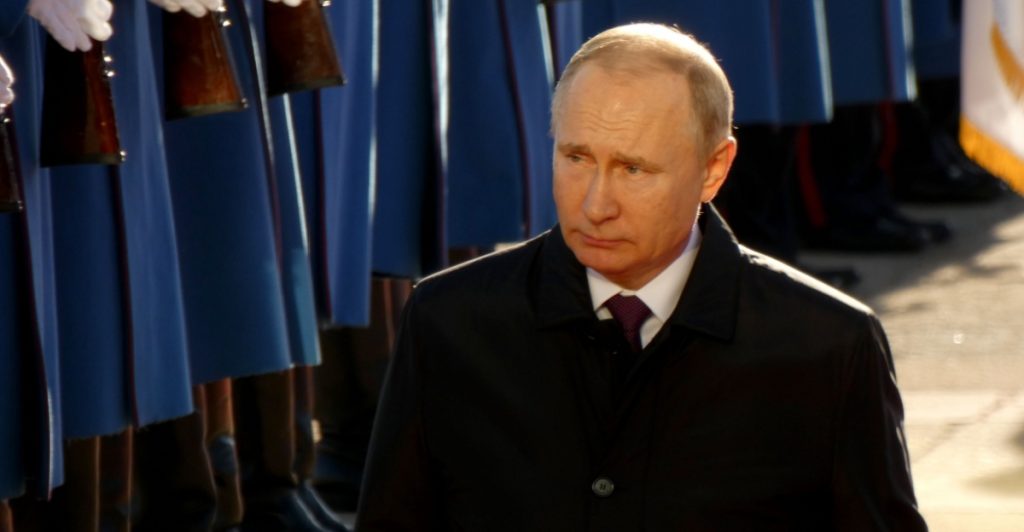
The Burevestnik program has not been without tragedy. A serious accident in August 2019 killed five Russian scientists suspected of working on the missile or a similar system.
The Guardian reported that radiation was released into surrounding areas during the incident.
Also read
Reactions from the Kremlin and beyond
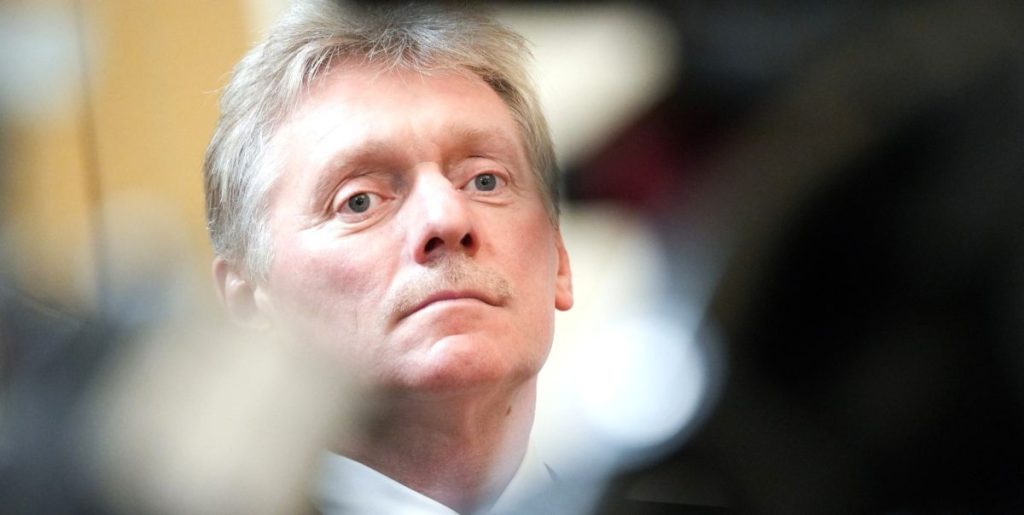
Following the recent test, Kremlin spokesperson Dmitry Peskov said the move was necessary to secure Russia’s defense amid what he described as a surge in “European militarism” and “Russophobia,” according to statements made during a press briefing, quoted by 20minutos.
Meanwhile, U.S. President Donald Trump condemned the test as “inappropriate,” urging Putin to focus instead on ending the war in Ukraine. “This is what he should be doing, instead of testing missiles,” Trump remarked, as reported by 20minutos.
The growing risk of escalation

Russia’s successful test of the Burevestnik adds another layer of complexity to an already tense global security landscape.
With new technologies blurring the lines between deterrence and provocation, the risks of miscalculation or accident continue to grow.
As the world watches closely, the need for renewed arms control dialogue and nuclear restraint has never been more urgent.

